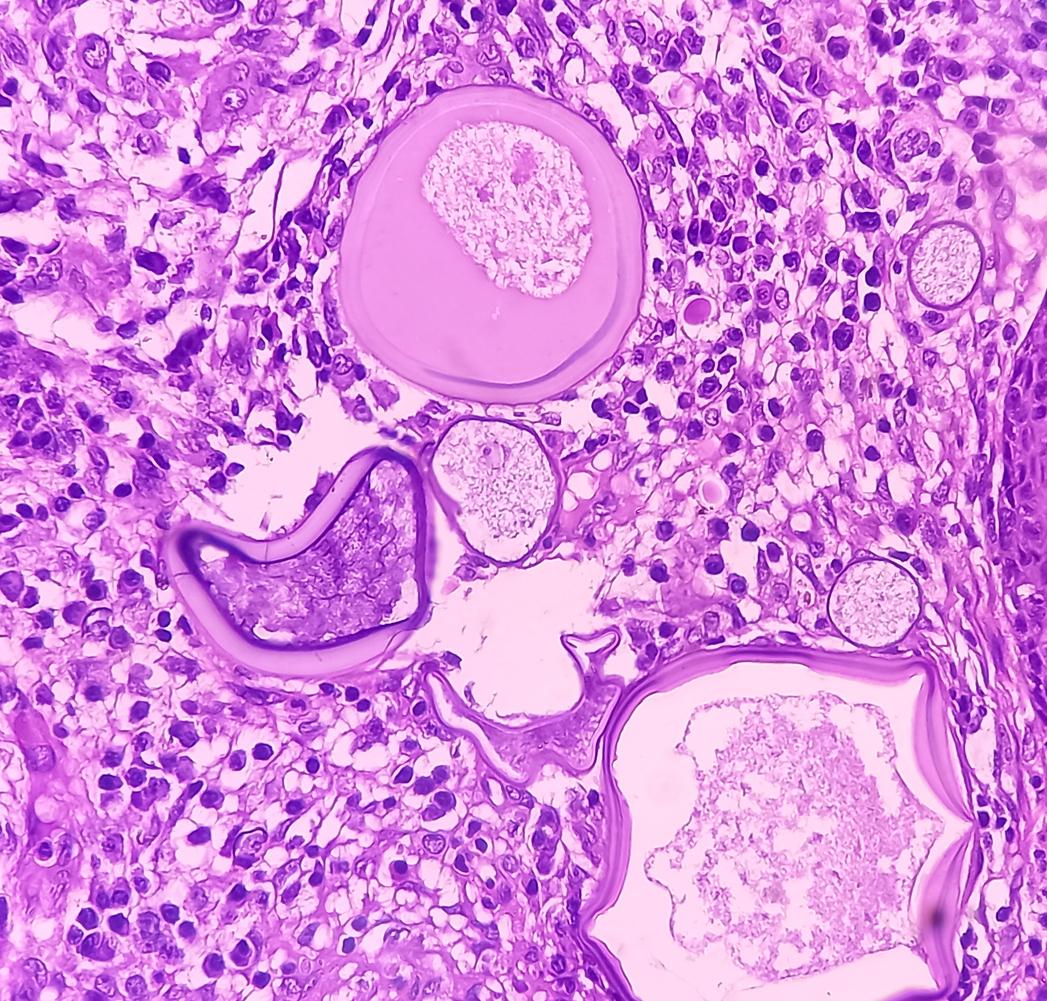In a recent study, American scientists suggested that collagen could stop the spread of cancer cells. Clearly, this ingredient could prevent the occurrence of metastases.

- The risks of developing metastases depend on the type of cancer, the size of the first tumor and its aggressiveness.
- A metastasis can be detected through a study of the sentinel lymph nodes, imaging examinations (ultrasound, scanner, radiography, scintigraphy). Tumor markers detected through a blood test can also help diagnose metastasis.
Metastatic cancer is cancer that has spread from where it started to another area of the body. Treatment of metastatic cancer is based on chemotherapy, hormone therapy, immunotherapy or targeted therapies. Radiation therapy and surgery may be considered depending on the location of the tumor. According to a study published in the journal Natural Cancer December 13collagen, a protein found naturally in the body and in anti-wrinkle creams, could help fight metastatic cancer.
To reach this conclusion, researchers at Mount Sinai Hospital in New York, United States, started from an observation. “Cancer cells spread and seed into distant organs, where they can lie dormant for many years before forming clinically detectable metastases,” can we read in the works.
In order to properly carry out their research, the scientists visualized “dormant” cancer cells in mice using a high-resolution imaging technique. They observed the changes in the molecules when the tumor cells became “dormant” and when they “woke up”.
Keep cancer cells “asleep”
The study authors found that cancer cells remain “dormant”, by secreting a type of collagen, called “collagen type III”, into the environment around them. The latter would only become malignant when the level of collagen decreases. They estimated that in “rewarding” surrounding the cells with this collagen, they could force the cells to stay in a “dormant state” and prevent tumor recurrence.
“This intervention aimed at preventing the awakening of dormant cells has been suggested as a therapeutic strategy to prevent metastatic growth. (…) Therapies specifically targeting dormant cells will ultimately prevent local recurrences and metastases and allow remission of the cancer”, said José Javier Bravo-Cordero, study author and professor at Mount Sinai’s Tisch Cancer Institute.
.















